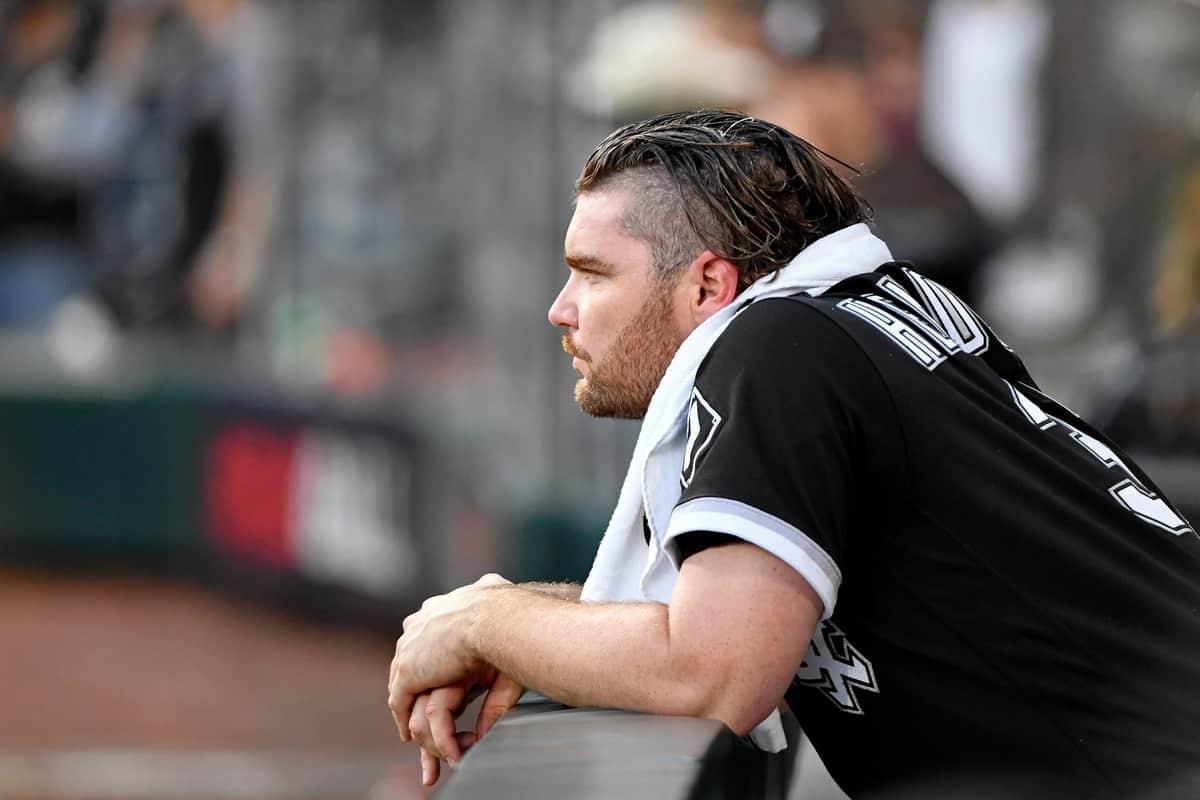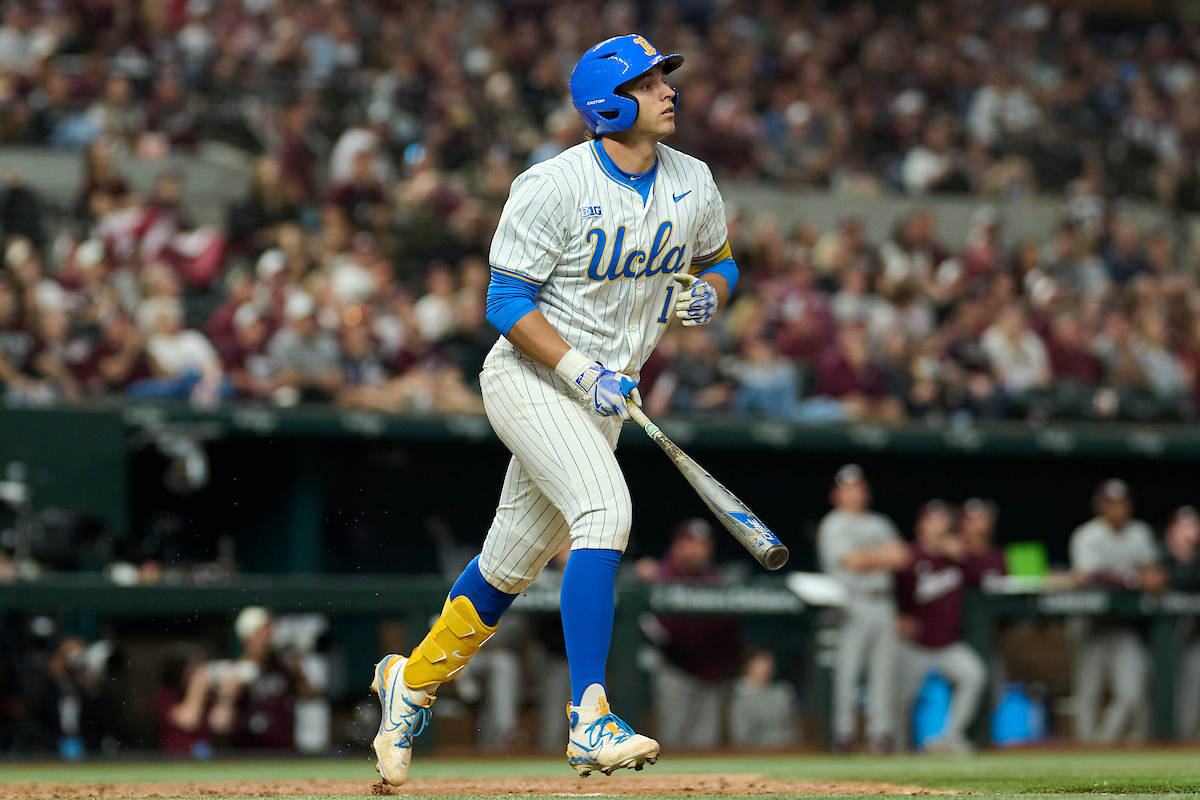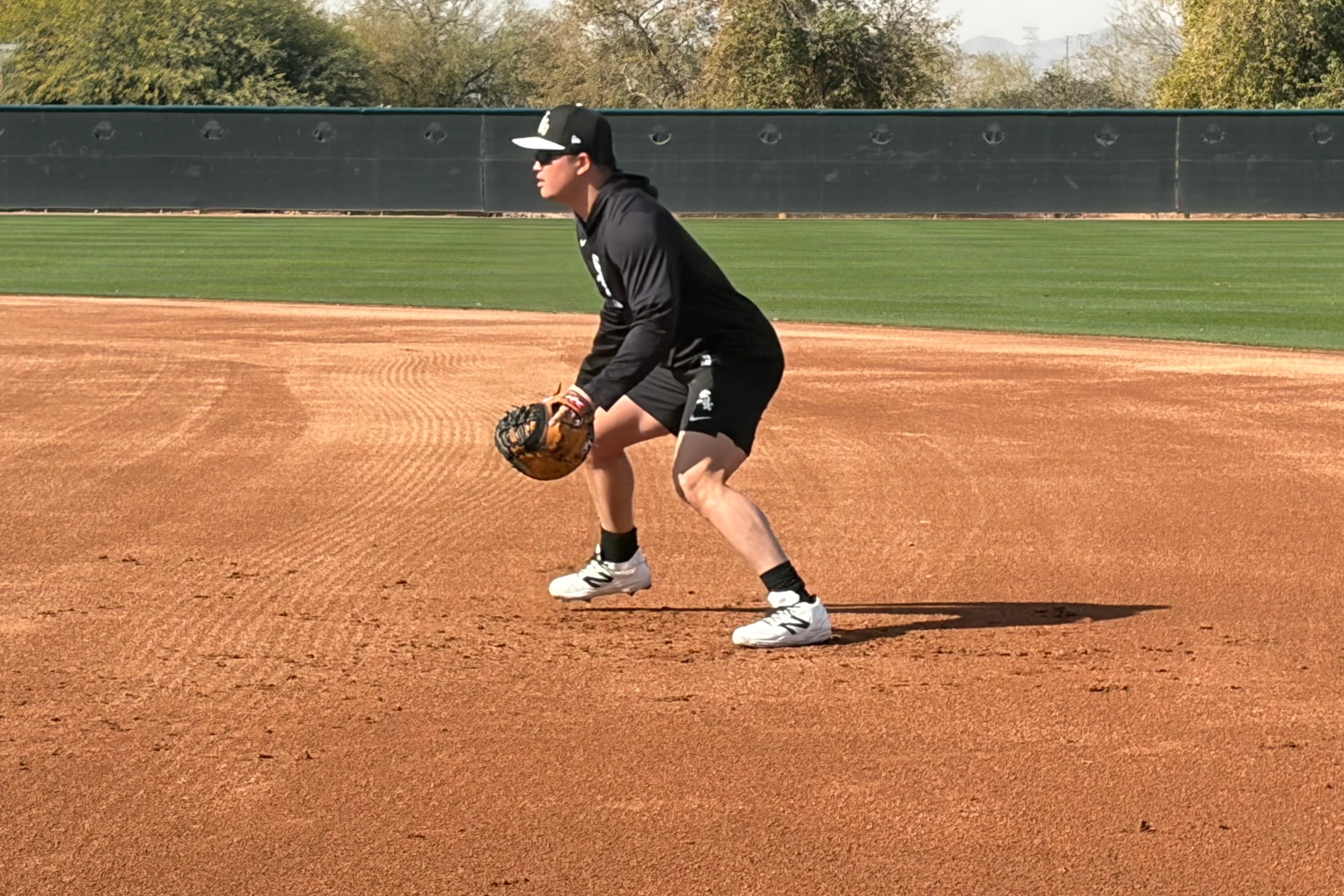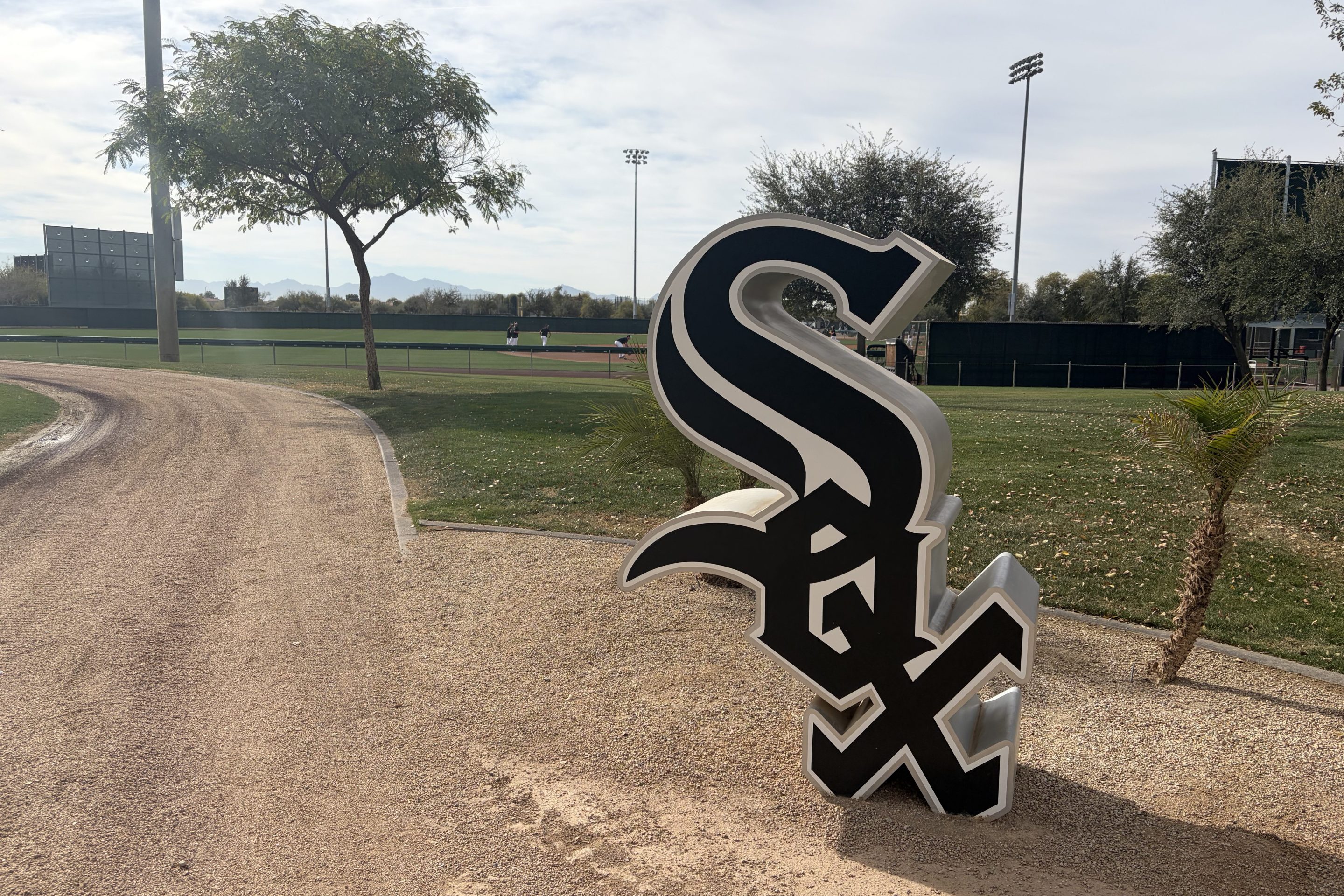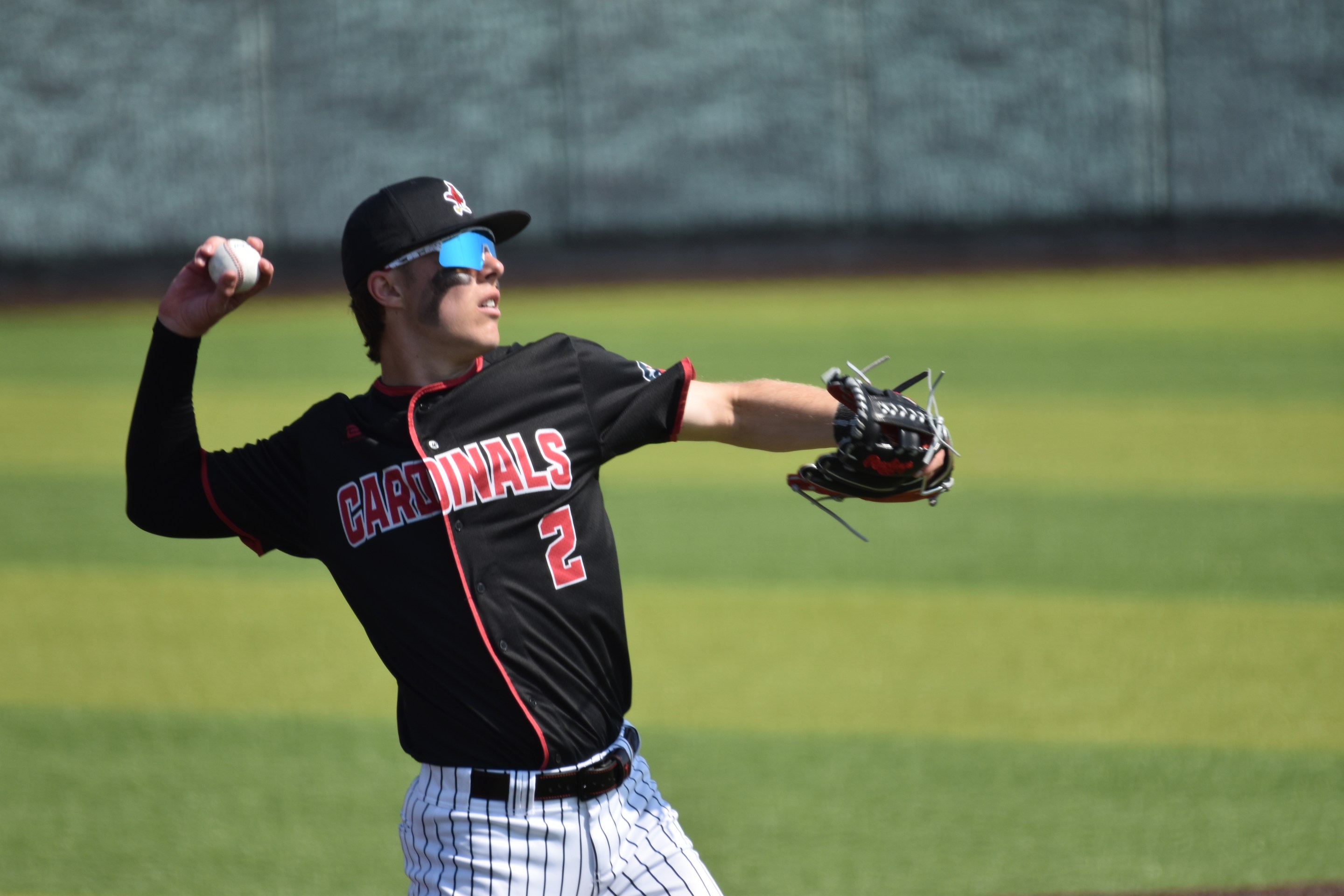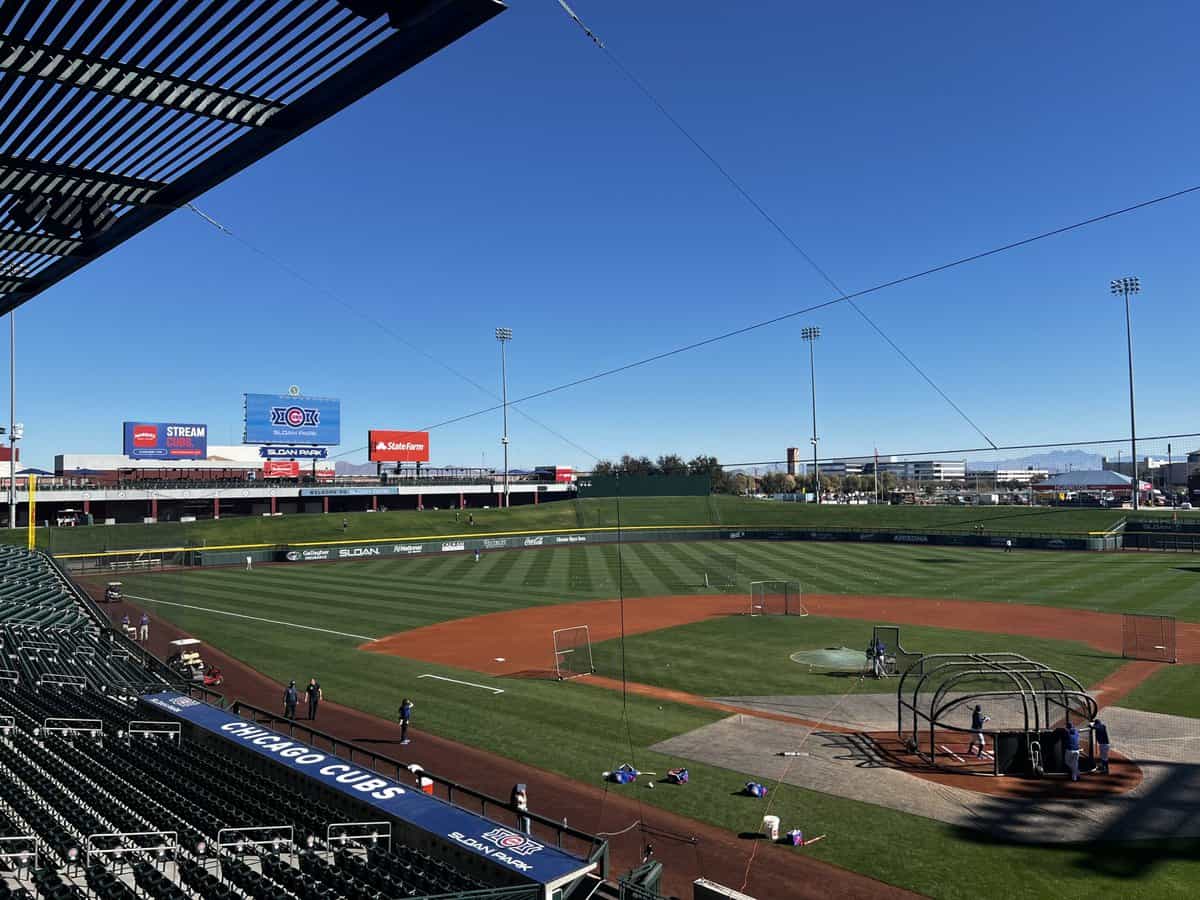Just like Dallas Keuchel talked to the White Sox beat reporters a day after he won his Gold Glove, Liam Hendriks took his victory lap after winning Reliever of the Year for a second consecutive year.
Hendriks remains conversational and candid in his interviews, and he used his amiability to encourage the unlikely return of Craig Kimbrel. Yet I thought his most interesting answer had to do with what he saw as the team's chief decifiencies:
"I always break it down into the top three, with pitching, defense and offense," Hendriks said. "Our offense was great. Our pitching was great the entire season. Defense is the one -- it's always that motto that defense wins championships, and unfortunately, you look at the playoffs and we had the lowest defense in the playoff group.
"That's something that I think a lot of the guys, over the course of the year, they got depicted in a poor light defensively. I think that we're a lot better defensively as a team than what was depicted in the standings or the stats or whatever.
"Making a couple of adjustments there, and bringing some guys in that are more glove-first guys, can really make a huge difference down the stretch."
PERTINENT: Liam Hendriks named American League's top reliever once again
The White Sox indeed need some help in this department. I picked up The Bill James Handbook 2022 yesterday and will spend some time going through it this weekend, but I'll start by noting that the White Sox finished with the third-worst team defense at -40 Defensive Runs Saved, ahead of only the Yankees (-41) and Phillies (-54).
It's just a little odd to hear the criticism coming from the pitcher who is the least reliant on his defense, and it brings the odd construction of the White Sox roster and its bottomless supply of first basemen to the fore. Hendriks isn't wrong, which is why Rick Hahn might feel liberated to trade his way out of some dead ends. Now we just have to see when baseball will conduct business as usual, because as some of the below articles highlight, everything could grind to a halt.
SPARE PARTS
As Ted mentioned in the comments a couple days ago, Jay Jaffe did Minnie Miñoso justice with a detailed overview of his Hall of Fame case, with a lot of attention paid to pioneer status that has historically been overshadowed.
In Dallas Keuchel's post-award Zoom call, he said the Twins "fell flat on their face" to open up the division for the White Sox. The spirit of his opinion turned out to be more generous than that phrasing, as he characterized Minnesota's mess of a season as a lucky break, and not some fatally flawed enterprise. James Fegan and Dan Hayes heard the same from the division's GMs, making the disparity between the Twins' best- and worst-case scenarios the AL Central's biggest variable.
Jeff Passan says that there's a bit of a stand-off before a potential lockout. Teams are saying that players need to sign before the lockout or wait until February, while agents are taking the opposite tack by insisting teams pony up now, because a February stampede could get crazy. Some players might be able to spur action earlier than others:
The fallout is a sense that Corey Seager, the magnificent Los Angeles Dodgers shortstop, and Marcus Semien, the dynamic Toronto infielder, are increasingly likely to sign before Dec. 1, executives interested in the players told ESPN. Both are clients of Scott Boras, who two winter meetings ago fetched more than $800 million guaranteed for Stephen Strasburg, Gerrit Cole and Anthony Rendon over three days. With the rhetoric that the sides treated this week like that time of year, teams and players making surgical free-agent strikes -- even on projected nine-figure deals -- feels like more of a possibility, though not a certainty, than it did even a week ago. It's not just Boras' clients, either. The starting pitching market, sources said, is expected to have multiple big-name pitchers get pre-lockout deals.
Major League Baseball's updated proposal still doesn't seem to be that serious, because instead of salary arbitration, players would instead be judged by FanGraphs WAR, adjusted for how long the player has been in the league. The gaps are obvious:
Using fWAR would create its own biases. The metric likely would hurt relievers, as the market has always valued them higher, though on shorter deals, than fWAR suggests it should. Some strong defenders would be helped by the defensive component of fWAR, but the potential will exist for teams to game those numbers, which currently do not account for defensive opportunities in extreme shifts. Pitching fWAR, meanwhile, is mostly based on strikeouts, walks and homers, potentially hurting pitchers who thrive on soft contact.
Tim Anderson was the only White Sox nominated for a Silver Slugger, but Xander Bogaerts ended up getting the nod among American League shortstops.
Dayn Perry takes a look at what would actually jeopardize Rob Manfred's commissioner status, and precedent comes down to losing a work stoppage, or otherwise costing teams money. Neither seems especially likely, especially since he's a product of the league office, not an outsider who may not have curried sufficient favor from owners.
(Photo by Matt Marton/USA TODAY Sports)
